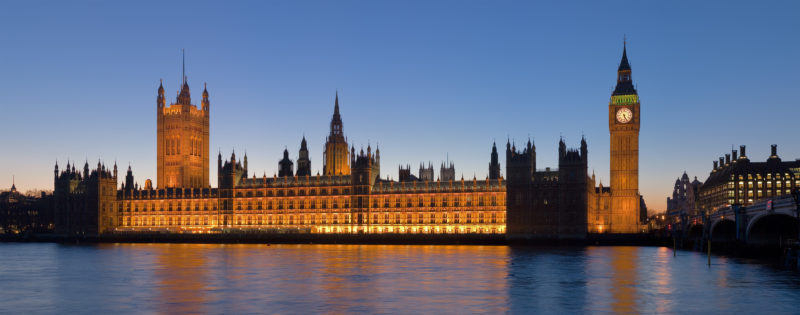Yasmin Qureshi Labour Member of Parliament for Bolton South East

Despite assurances from the Government that only “minor and technical’ amendments would be tabled at the Data Protection and Digital Information Bill’s Report Stage on 29 November, the Government brought forward 240 amendments at the last minute.
While many were indeed minor and technical, plenty more were significant and constitute sweeping powers that limit the rights of citizens. All of them were rushed through without time for the usual level of parliamentary scrutiny.
I recognise the need to modernise data legislation, such as by introducing a digital verification framework, strengthening the Information Commission Officer’s enforcement powers, and taking measures to tackle nuisance calls. However, I am concerned that the Government is stuffing this Bill with other measures and once again riding roughshod over citizens’ rights and protections.
For example, changes are planned to electoral practices under the guise of what the Government calls “democratic engagement”, which will mean that any political party can engage in direct marketing relying on a soft opt-in procedure.
I also have concerns on changing the terminology on refusing Subject Access Requests from “manifestly unfounded or excessive” to “vexatious or excessive”, the high-risk processing of personal data, and automated decision making.
The Opposition tabled amendments on these issues, but they were rejected by the Government. I also supported an amendment that sought to ensure that special category data, such as that relating to a person’s health, is adequately protected in workplace settings. Unfortunately, this was also rejected by the Government.
More broadly, I worry that Ministers are giving themselves extensive powers in this Bill and believe that these powers should be removed. There also needs to be more time to properly scrutinise the 240 amendments that were introduced at the last minute.
I therefore supported a re-committal motion to put the Bill back to committee for further scrutiny. Unfortunately, this was rejected by the Government. As a result, the Bill progressed to a vote for its Third Reading, where it successfully passed.
I hope that the Bill will now be able to go through line-by-line scrutiny in the House of Lords, which it has been unable to do in the House of Commons.
I can assure you that my Opposition Colleagues and I will continue to do all we can to scrutinise and amend this Bill. However, the Government has a majority and is bulldozing this legislation through the House of Commons, so, for now, we must rely on the House of Lords.
